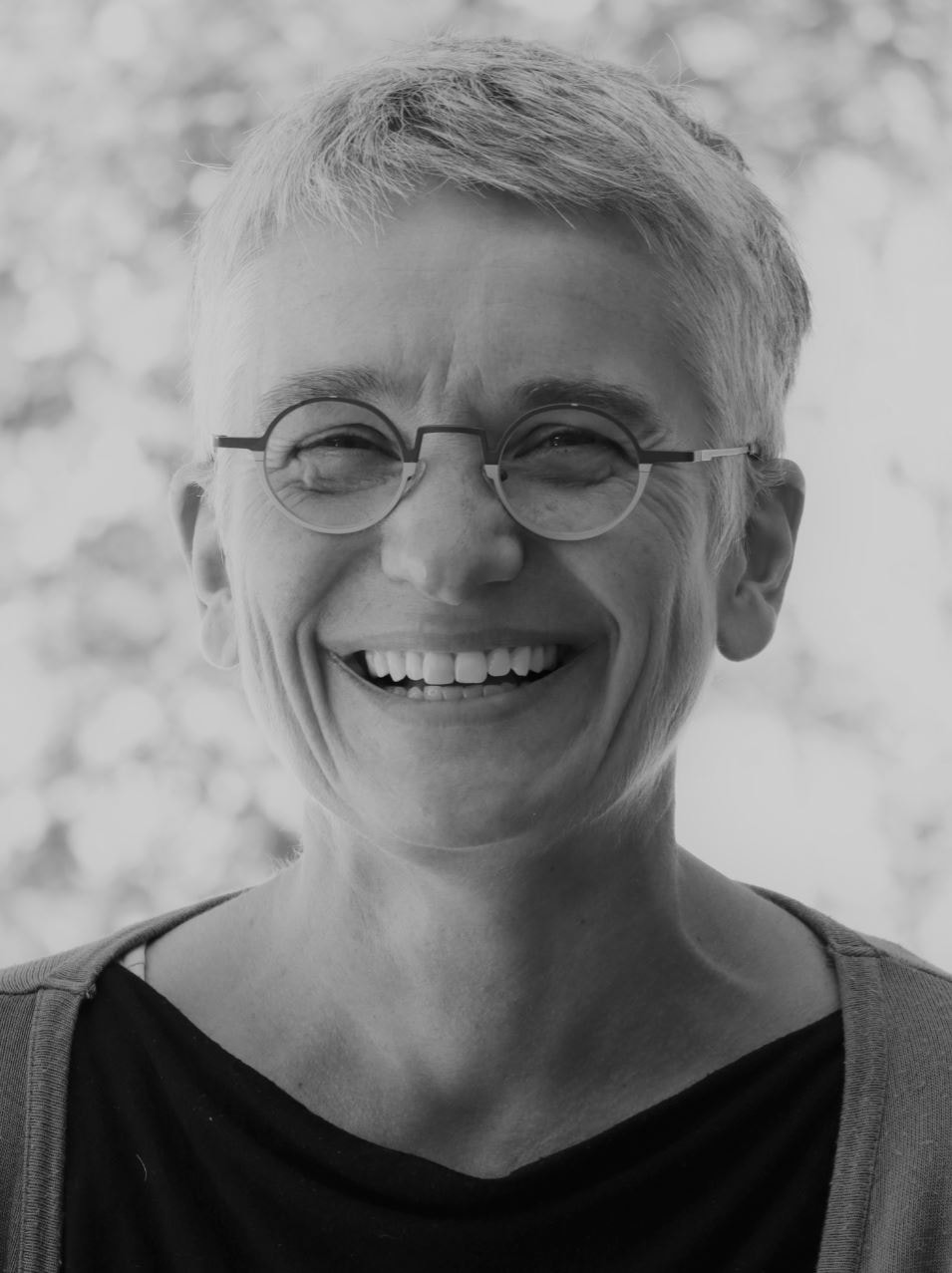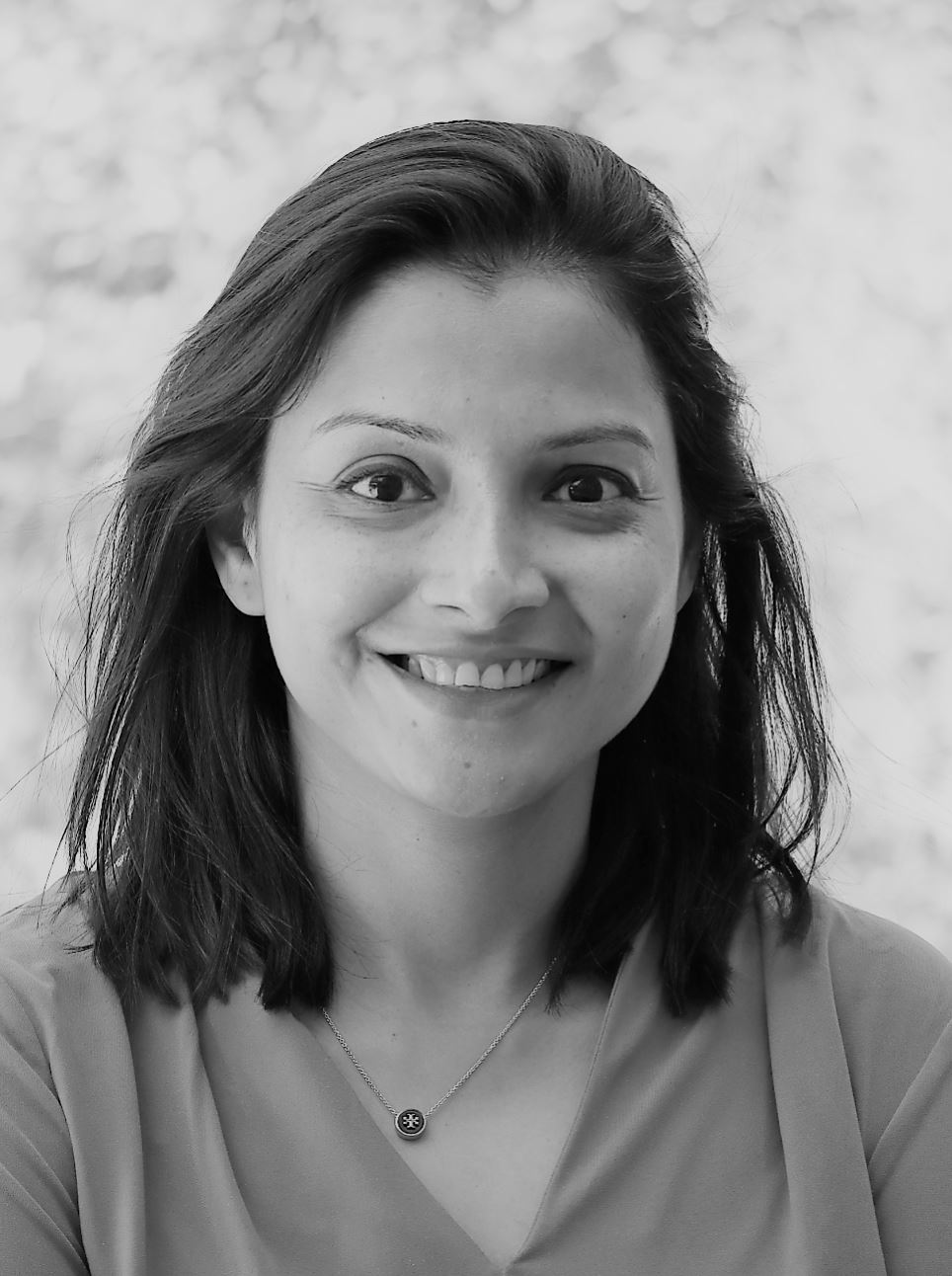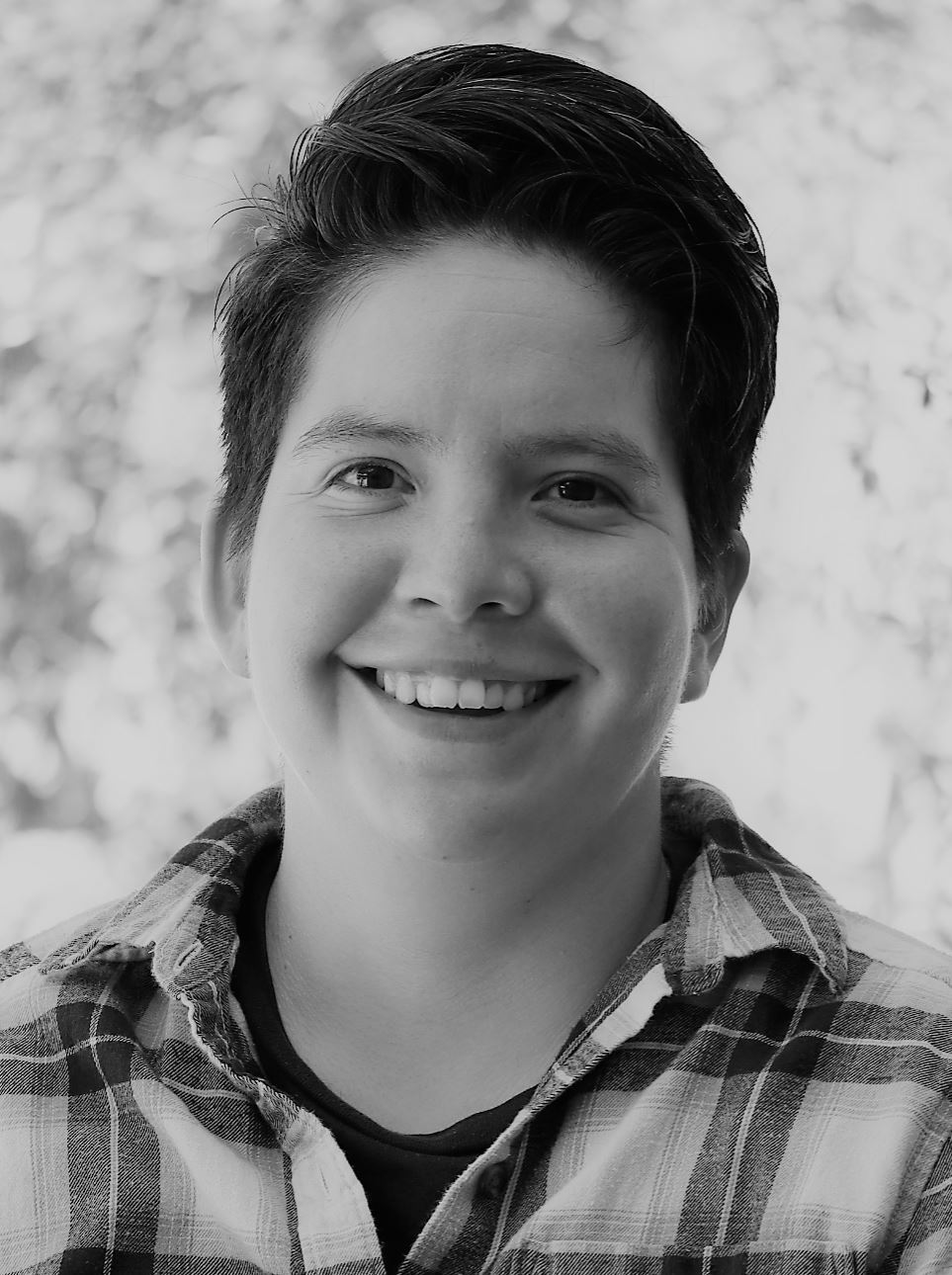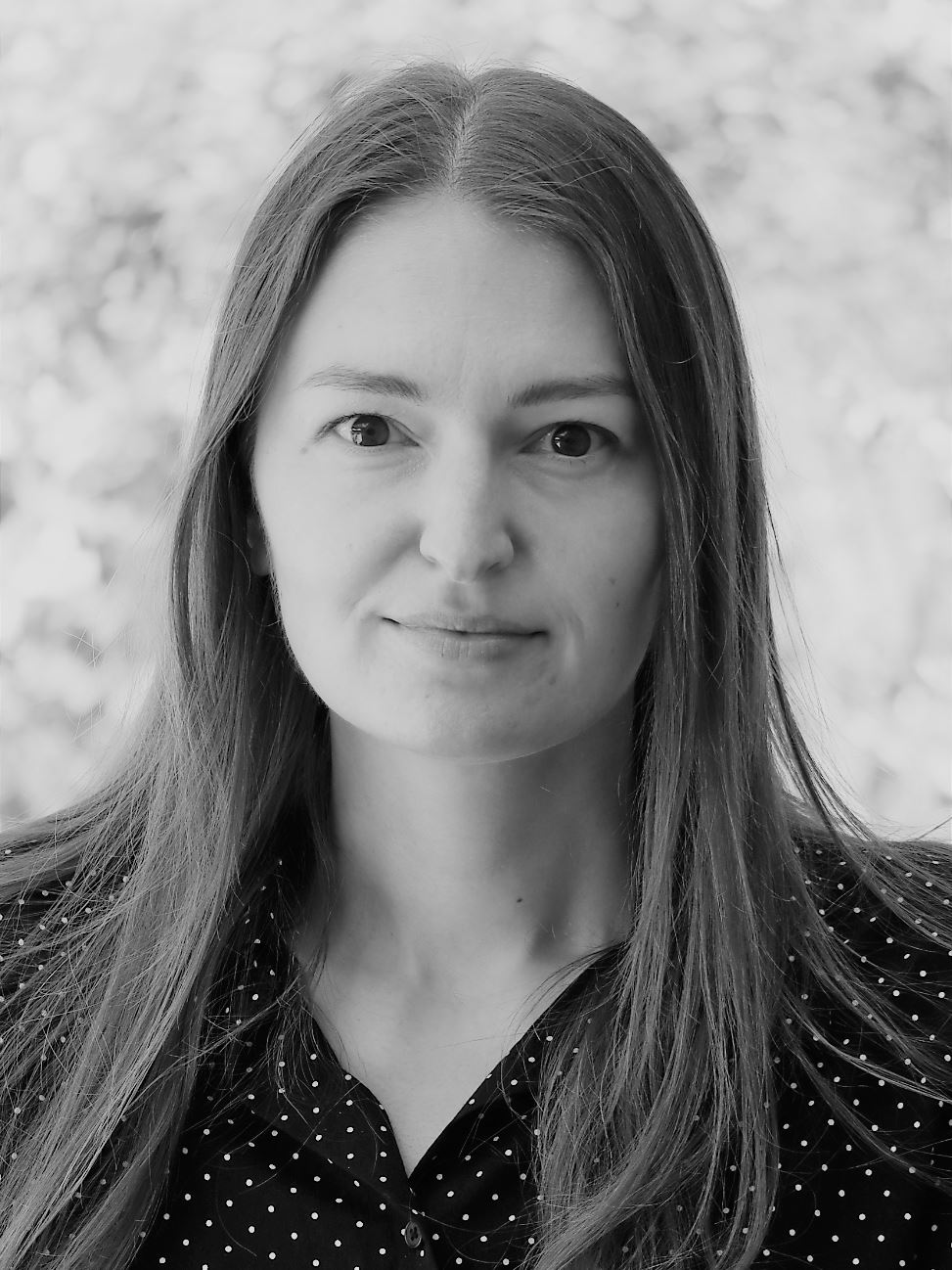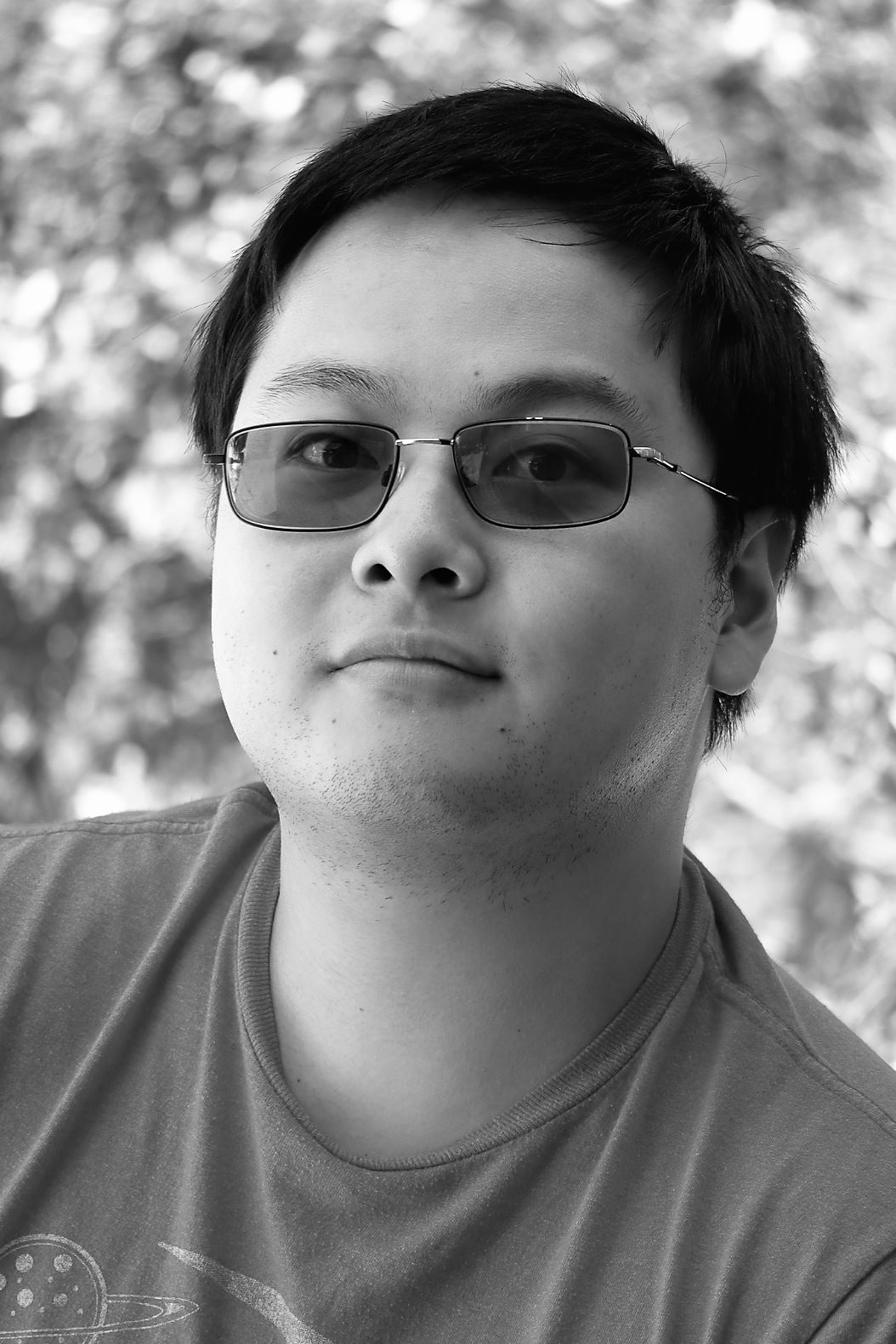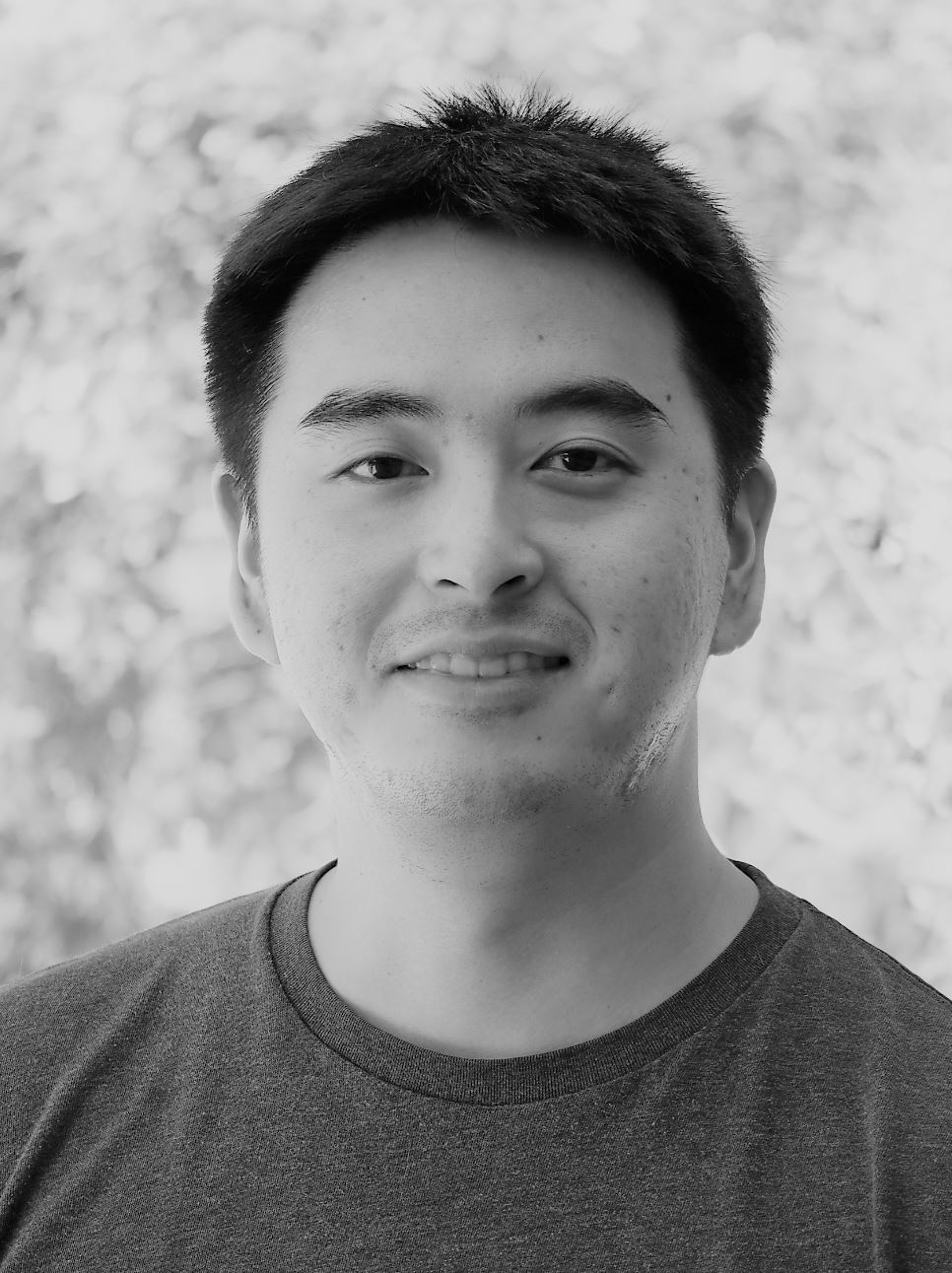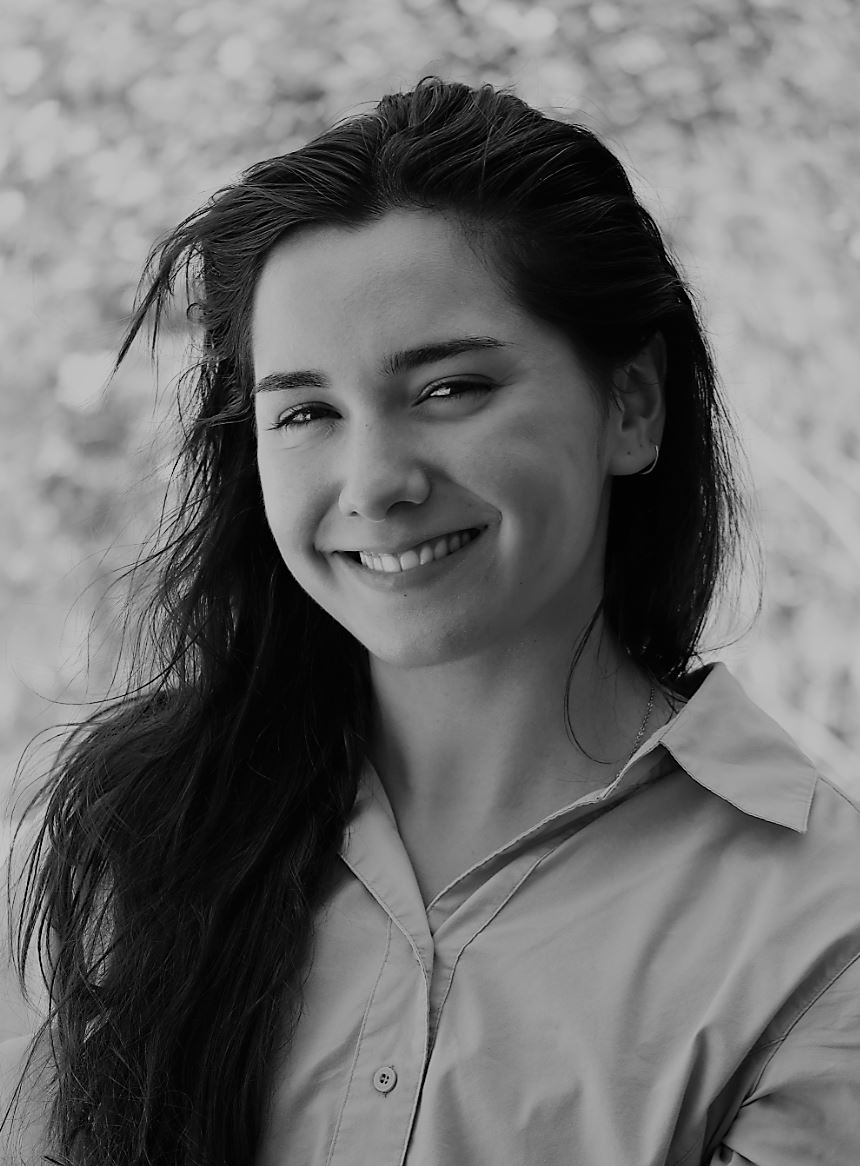Team
Meet the team behind this cutting-edge research.
|
Our Team
|
Birgitt Schüle, MD, is an Associate Professor in the Department of Pathology, Stanford University School of Medicine. Her research focuses on medical genetics and stem cell modeling to unlock disease mechanisms and pathways leading to neurodegeneration in Parkinson’s disease and related disorders, and to develop new therapeutic strategies to advance precision medicine.
She received her medical training from the Georg-August University Göttingen and Medical University Lübeck, Germany (1993 - 2001) and completed doctoral degree in medicine (Dr. med.) in neurophysiology at the Georg-August University Göttingen (2001). During her neurology internship from 2001 to 2002 at Medical University of Lübeck with Prof. Christine Klein, Dr. Schüle studied genes for inherited forms of Parkinson’s disease and dystonia. From 2003 to 2005, she completed a postdoctoral fellowship in human genetics with Prof. Uta Francke at Stanford University School of Medicine. From 2005-2019, Dr. Schüle led key clinical research programs and biospecimen repositories for neurogenetics, translational stem cell and brain donation at the Parkinson’s Institute and Clinical Center. |
|
Faria Zafar, MS is a Life Science Research Professional III in the Schuele lab with more than five years of experience in patient- derived human induced pluripotent stem cells (iPSCs). Her passion for science and research escalated by understanding that research with stem cells can be a valuable guide to explore diseases like Parkinson’s in vitro. She has broad tissue culture experience in iPSCs, neuronal differentiation, MEA, Immunofluorescence, q-PCR, CRISPR and mouse in-vivo surgery.
She received her Master of Science (M.S.) in Stem Cell Biology from San Jose State University and a Bachelor’s degree from the University of California at Berkeley with a major in cell & developmental biology. |
|
Alejandra Torres, MS
Life Science Research Professional II |
Alejandra ('Ale') Torres, MS is a Life Science Research Professional II and earned her Masters in Biochemical Sciences from UNAM Mexico. She is currently working on optimizing a neural dopaminergic differentiation protocol of iPSC lines, as well as studying the immunofluorescence of such cells and conducting biochemical assays of iPSCs.
|
|
Tanuja Bordia, PhD, is a staff scientist specialized in vivo behavioral models of neurodegeneration to facilitate cell- and pathway-specific mechanistic knowledge. She uses opto- and chemo- genetic manipulation of neural circuits to enable precise manipulation of translationally relevant (patho)physiological pathways in alleviating dyskinesias and parkinsonism. She received her PhD in Toxicology from University of Rajasthan, India and completed her postdoctoral fellowship in neurobiology at The Parkinson’s Institute, Sunnyvale, CA. She is currently working on unsupervised quantification of subtle mouse behaviors and body pose estimations as functional “biomarkers” of underlying parkinsonian pathophysiology to facilitate early therapeutic intervention.
|
|
Kamilla Sedov earned her Master of Biotechnology degree at San José State University. She was an intern and CIRM scholar at the Schuele Lab before joining as a Life Science Research Professional I.
Kamilla believes that using iPSCs has the potential to uncover both the underlying mechanisms of Parkinson’s and Alzheimer’s diseases and prospective therapeutic strategies. She is working on optimizing microglia and co-culturing differentiation protocols of iPSCs that would allow to create immune profiles of diseased and healthy states for future biomarker and drug discovery assays. She also works on characterizing iPSC lines using Optical Genome Mapping and generating CRISPRi/a cell lines for disease modeling of Parkinson’s and related diseases. |
James Yang, BS
|
James Yang, BS is a CIRM/SCILL intern from San Jose State University, through which he is working on his Master's degree. He received his Bachelor of Science (B.S.) from the University of California, Santa Cruz, with a major in Molecular, Cell and Developmental Biology. He works on the Brain-on-a-Chip project to investigate the effects of alpha-synuclein copy number on the electrical interactions of dopaminergic neurons.
|
|
Max Chen, a Life Science Research Professional I, is dedicated to advancing neurodegenerative disease research through both fundamental biology and cutting-edge technology like "organ-on-chip" systems. He specializes in optimizing high-density CMOS Multi Electrode Arrays (MEAs) to differentiate and characterize neurons. Max establishes robust protocols that simplify the study of fragile cell types in emerging technologies, enhancing our understanding of various neurodegenerative diseases. Concurrently, he contributes to gene regulation research using CRISPRa/i technology in patient iPSCs by cloning a comprehensive sgRNA library. Max's background includes a Master's degree in Biological Sciences from San Jose State University, a Bachelor's degree in Molecular and Cellular Biology from the University of Illinois at Urbana-Champaign, and previous experience as a CIRM/SCILL intern.
|
|
Isabella Orduna is an Undergraduate Student at UC Santa Cruz. Bella engages in hands-on learning and observation of essential molecular and cell biological lab techniques, including DNA extraction and analysis, immunostaining of tissues, PCRs, tissue cultures, working with human stem cell culture.
|
|
Manchos
Collaboration Liaison |
Manchos is a good boy and is always happy to meet new people. Manchos is such an important asset to the Schuele lab because he attracts people from all throughout Stanford. He supports interdisciplinary collaborations in the lab because of his great smile and charming cuddles. Manchos is specialized in food tasting and receiving hugs.
|
